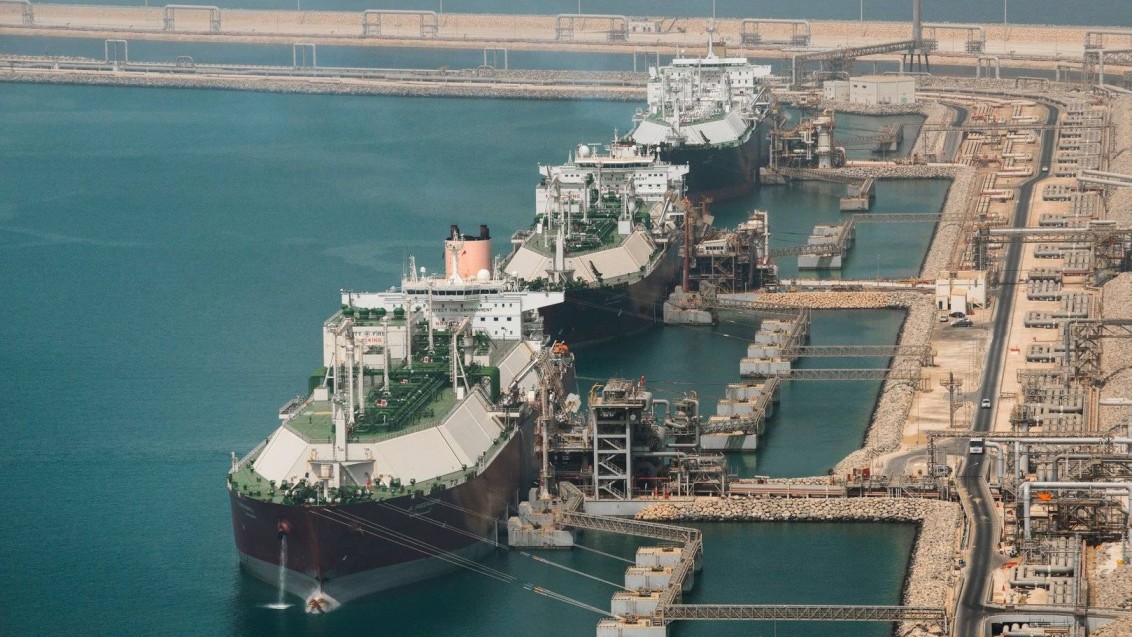India–US Trade Tensions Rise Over Steel and Auto Tariffs NMDC Limited reports a 38% drop in Q4 FY24 consolidated net profit RINL to Raise $23 Million Through Land Sales Amid Crisis

Qatar's planned expansion of liquefied natural gas (LNG) production could see it control nearly 25% share of the global market by 2030 and squeeze out rival projects including in the United States where President Biden paused new export approvals, market experts say. Qatar, one of the world's top LNG exporters, plans an 85% expansion in LNG output from its North Field's current 77 million metric tonnes per year (mtpa) to 142 mtpa by 2030, from previously expected 126 mtpa.
Some market experts said that the move will have an impact on global projects in the United States, East Africa, and elsewhere which requires financing and long-term customers commitment to reach final investment decision (FID), given Qatar's edge as the world's lowest cost producer.
"The Qataris realised that they should be able to offer pretty much the most competitive prices. They have the reserves, lower costs for building incremental capacity, the relationship with engineering firms and existing clients, so why stop here?," said Ira Joseph, Senior Research Associate at Columbia University's Center on Global Energy Policy.
"This suggests that they are hurtling into use it or lose it mode. If you're the world's low cost producer, why not throw down the hammer & scare away any competition that's requiring long-term customers & financing," he added. Fraser Carson, Senior Research Analyst of Global LNG at Wood Mackenzie said the timing of Qatari announcement is "fortuitous", as other major LNG competitors stall, in light of the Biden administration's pause of US LNG export approvals, Russian LNG is sanctioned and as civil unrest continues in Mozambique.
Competition between Qatar and the United States intensified following Europe's decision to wean off dependence on Russia's pipeline gas following its invasion of Ukraine, as US gas suppliers filled the supply vacuum, establishing themselves as the world's biggest LNG exporter in 2023, surpassing Qatar, though Qatari supplies also helped to replace the volumes.
The US LNG capacity will almost double over the next four years, but a decision to pause approvals for applications for new LNG export terminals, for environmental reviews, has prompted warnings from gas importers that the move would compromise future energy security worldwide. "The signal the US projects need to take from this: if they don't go ahead, someone will," said Kaushal Ramesh, Rystad Energy's vice president for LNG research.
Also Read : Biden sharply hikes US tariffs on billions in Chinese chips, steel Oil prices fall as US Fed delays rate cuts